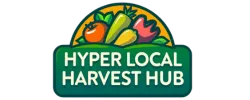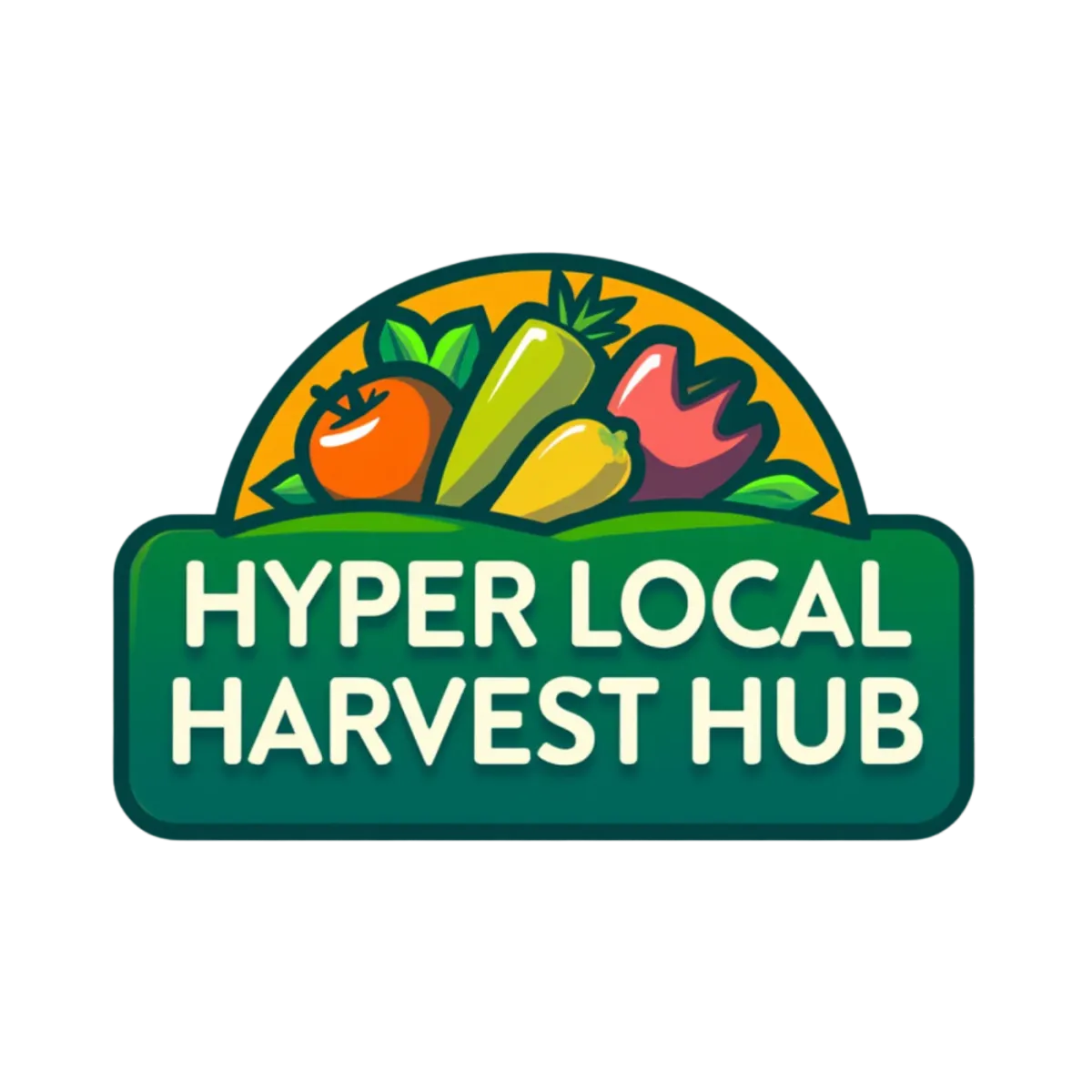
Share & Flourish: Hosting Workshops to Build Knowledge and Community
When we think of growing food or preserving the season’s bounty, it’s easy to focus on the hands-on skills—planting, harvesting, canning. But what if we told you there’s something even more nourishing than a pantry stocked with home-preserved goods? It’s sharing those skills and building connections that strengthen your entire community. Hosting food preservation or regenerative practices workshops is more than just teaching; it’s planting seeds for a resilient future. Let’s explore how you can inspire, educate, and unite people, one jar of pickles or compost pile at a time.
Why Host Workshops?
Workshops do more than impart skills—they weave a more robust fabric of goodwill and shared purpose in your community. Imagine this: neighbors sitting around a table, learning to make jam, or discussing soil health. They’re not just learning; they’re connecting. Knowledge shared becomes a bridge that links people to resources, ideas, and each other.
And let’s not forget the confidence it builds. Have you ever seen the smile on someone’s face when they pop open their first successfully sealed jar of home-canned tomatoes? It’s the look of independence, of knowing they’ve got the tools to thrive no matter what.
Starting Simple: Picking Your Workshop Topic
If this sounds daunting, don’t worry—it doesn’t have to be. Start small. Think about what you know well enough to share. Is it fermenting vegetables? Saving seeds? Making natural fertilizer? The beauty of workshops is that they don’t have to be fancy. What matters is that they’re helpful and welcoming.
Choose a topic that resonates with your community. If local gardens are booming, a workshop on food preservation—canning, freezing, or dehydrating—could be a hit. If people are starting out, maybe focus on composting or square-foot gardening basics.
Planning the Event
Set the Stage: Your backyard, kitchen, or local park pavilion can be the perfect venue. Keep it casual—this is about sharing, not impressing.
Gather Supplies: If your workshop is on canning, have jars, lids, and the necessary equipment on hand. Bring examples of bins or simple materials like scraps and leaves for composting.
Spread the Word: Invite neighbors using local social media groups, a flyer at the community center, or good old word-of-mouth.
Add Hands-On Elements: Let participants chop, mix, or stir. People learn better by doing, and it’s more fun than sitting through a lecture.
Share Takeaways: Provide simple, printed instructions or starter kits. Everyone loves leaving with something tangible.
Why It Matters
When you host a workshop, you’re not just teaching a skill but building trust. You’re showing that you value community over competition and that there’s room for everyone at the (metaphorical) table. This generosity comes back unexpectedly, like when someone shares their extra zucchini or shows up to help with your garden.
The ripple effects of a single workshop can be astonishing. A neighbor who learns to compost might start sharing rich soil with others. Someone who knows how to peach may gift jars to friends who’ve never tried them. Knowledge, once shared, spreads like sunlight on a spring morning, warming everything it touches.
Practical Outcomes of Sharing Knowledge
Stronger Relationships: Workshops create bonds. The people you teach today could become part of your harvest hub tomorrow.
Resilient Communities: A neighborhood where more people grow and preserve their own food is less reliant on distant supply chains.
Inspired Growth: Seeing what’s possible—whether a pantry full of preserves or a yard teeming with life—encourages others to start their own journeys.


